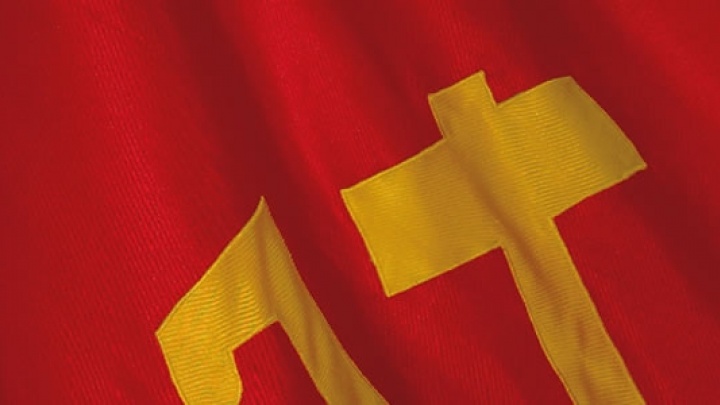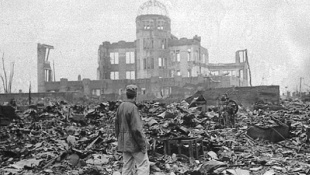"Avante!" Article by Albano Nunes, member of the Secretariat of the Central Committee
Horst Kohler, the president of the Republic of Germany, on returning from a visit to the German troops in Afghanistan, was forced to resign, in Germany, last 31st May. On justifying the German unpopular participation in aggression operations, this former IMF director, stated, in black and white, they were due “in protection of Germany’s economic interests”. In spite of the growing arrogance with which Merkel and her government intervene within the European Union and international relations, such sincerity cost him the position he held since 2004, and for which he recently was re-elected.
In Japan, the prime-minister Yukio Hatoyama, after nine months in government, resigned in turn, on the 2nd June. The JDP’s leader who had clamorously won last August’s elections, together with patriotic flavour change promises, but which sunk in the polls, in result of the voters’ disillusion. The presentation of a joint-statement together with the USA, which betrays the compromise of withdrawing from Okinawa, the North-American Futenma base, days before, proved that, on what concerns the Nipo-North-American military alliance, the USA’s interests speak out loud. Before the vitality of the movement against the Okinawa base, the quick replacing of the capitulation face was inevitable.
These two apparently commonplace events, within the capitalist “democratic” system’s function framework, in which the dominant class makes and unmakes leaders and governments following their conveniences, are however of great importance. And why? Considering they concern two “Triad” powers, in a time of capitalist crisis deepening, great turbulence and uncertainty within international relations, they but represent contradictions and deep trends of “the tip of the iceberg”, and which are designing out our future. It is of particular importance that both resignations might be related to military issues and are the expression of aggressive impulses which hold a prominent position within the capitalism economic crisis bulge, and both occur in countries which, having been responsible for ( with the Nazi and Japanese fascist militarism coming to power) the breaking out of World War II, do not conceal revanchist positions and imperialist ambitions, currently.
In terms of German imperialism, we Portuguese, are used to it, owing to Portugal’s participation within the European Union, in a subordinate and dependency condition, suiting Germany’s interests, which alias, is attempting to impose a new qualitative leap in integration (economic, political and military), which many have already considered to be an authentically “ Gstad coup”. On the Japanese imperialism, it is important to have in mind the Nipo-North-American military Treaty, in which Japan has been moving around. The USA, with its gigantic military bases in the archipelago ( the best known is Okinawa), require to serve their strategic purposes, an aggressive and militarized Japan, but under their hegemony. The contradiction is an evidence, but imperialism cannot escape it. “ This century’s burdens cannot be carried only by our soldiers”, the North-American president recently stated. The permanent tension created by imperialism in the divided Korean Peninsula and the permanent instigations against the PDRK are part of a game which aims to support militarism in the Far East /Pacific, with the objective of keeping Russia under pressure, contain China and try to avoid all and any sovereignty development and social progress in the region.
Therefore , it is necessary to follow with attention what is coming next. In the framework of the deepening of the capitalist crisis and the inevitable intensity of the inter- imperialist contradictions, more and more dangerous developments for sovereignty, freedom and peace are to be expected. Not forgetting the undesirable NATO summit, foreseeable in Portugal, November next.

